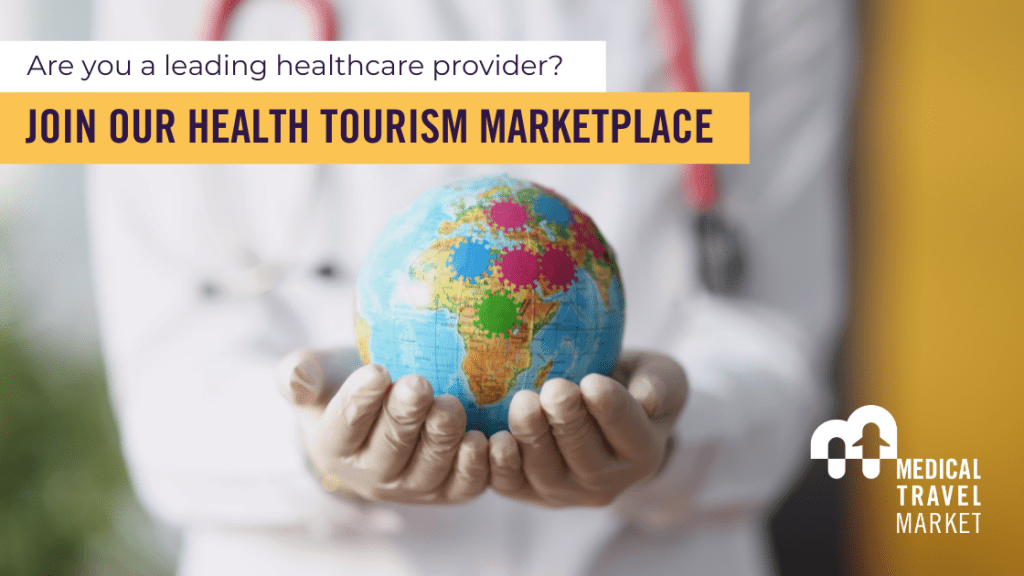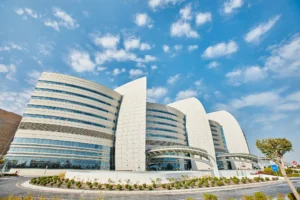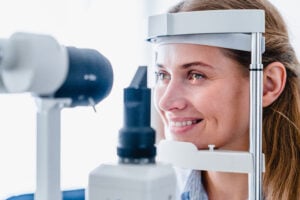The Middle East faces a tidal wave of cancer, with cases expected to rise more rapidly there than in any other part of the world. According to World Health Organisation (WHO) estimates, cancer rates across the region are expected to double between 2012 and 2030.
“There have been 555,000 new cancer cases and 330,000 mortalities in the region since 2012, at a time when many countries there are dealing with the additional burdens of the refugee crisis,” according to HRH Princess Dina Mired, President of the Union for International Cancer Control.
Nearly one in four new cancer cases are in the transient expatriate populations, so it can be challenging to complete treatments and collect follow-up statistics.
Why are cancer rates so high in the Middle East?
The rise in the number of cancer cases in the Middle East is partly driven by environmental factors, rapid population growth, and poor lifestyle, including very high levels of obesity. Detection rates are also increasing as more screening services become available. The problem is compounded by the poor awareness of cancer, dysfunctional primary health care, and cultural factors, including fatalism and stigma. On top of these issues, there is limited access to high-quality treatment and care.
Breast, leukaemia, colorectal, thyroid and uterus cancers are the five most common amongst women, while colorectal, prostate, and brain cancer, leukaemia, and non-Hodgkin’s lymphoma are most common for men.
Cancer hospitals in the Middle East
Most public facilities lag far behind in cancer care. According to the WHO, out of 22 countries in the MENA region:
- Nine have no operational facilities to deal with cancer
- Only two have some strategy for palliative care in cancer
- 12 have a policy to give oral morphine to manage pain, and
- Many are struggling to provide the basic chemo or radiation and treatment.
However, over the past decade, significant investment from the government and private health care providers has improved the quality of cancer care in the region. For patients with medical insurance or who can afford private care, many excellent cancer care facilities are available in the Middle East.
Here is our pick of the best cancer hospitals in the Middle East today.
King Hussein Cancer Center – Jordan
The King Hussein Cancer Center (KHCC) in Amman, Jordan, is one of the most prestigious cancer hospitals in the Middle East. The KHCC is uniquely classified by the WHO as a disease-specific cancer center, making it the first such in the developing world and only the sixth worldwide to earn such a distinction.
The cancer center operates alongside the King Hussein Cancer Foundation (KHCF), an independent, non-profit, national foundation established by Royal Decree. HRH Princess Ghida Talal heads both the foundation and the center.
The team at KHCC includes 434 oncologists and consultants, 1100 oncology nurses and 1500 technicians. The KHCC treats over 6,000 new patients each year, performs over 300 bone marrow transplants annually (the largest program in the Middle East) and recently celebrated its 2000th paediatric cancer survivor.
Thankfully, cancer patients in our region now have access to the most advanced cancer care at the King Hussein Cancer Center (KHCC), the only comprehensive cancer center in the Middle East for both adult and paediatric patients. At KHCC, it is our conviction that no one should ever be deprived of a real chance for a cure.
Chairperson, HRH Princess Ghida Talal
King Faisal Specialist Hospital and Research Center – Saudi Arabia
The stated mission of the KFSHRC is “to serve society with the highest level of healthcare and best patient experience”. An oncology center added to the hospital in 2017 with 400 beds and eight operating rooms doubled its capacity to treat cancer and liver disease. The center specialises in bone marrow transplants and is dedicated to training future leaders in the areas of haematology, oncology and palliative care. The World Health Organization accredited the center as a Collaborating Centre for Cancer Prevention and Control.
Cleveland Clinic Abu Dhabi Oncology Center – United Arab Emirates
In recent years, there has been considerable investment in the private oncology market in the United Arab Emirates. The most prominent project is the Oncology Center at the Cleveland Clinic Abu Dhabi, set to open its doors in late 2022. The new cancer center will include 24 examination rooms, 24 infusion rooms and two procedure rooms. Since a third of all cancer deaths are associated with poor lifestyle choices, the Cleveland Clinic Abu Dhabi Oncology center will include a healthier living program that will bring together experts in lifestyle medicine, diet, exercise and psychology.
Other Cancer specialists in the UAE
In response to the high demand for cancer screening, several providers in the UAE have expanded their services. Earlier this year, Aster Hospitals UAE launched a new Oncology department that offers highly specialised cancer care and accepts a wide range of insurance, including the more basic policies.
Other notable cancer facilities in the UAE include Mediclinic Middle East’s Comprehensive Cancer Centre, the Gulf International Cancer Center, the American Hospital Clinic in Dubai, Burjeel Medical City and Sheikh Shakhbout Medical City (SSMC) in partnership with Mayo Clinic.
Health system challenges
There remain significant challenges that need to be addressed. Primary care plays a small role in diagnosis and management as most cancer cases are detected in secondary and tertiary settings. Consequently, this leads to a higher rate of late-stage diagnosis.
Cancer disease awareness in the community is still relatively poor, and more needs to be done to educate people about the importance of screening and prevention.
Many countries in the Middle East are working to improve the standards of cancer care. The King Hussein Cancer Center (KHCC) in Jordan continues to be the jewel of all cancer models in the Middle East and a fantastic example of how to build a comprehensive, disease-specific service model.
Medical Travel Market will soon be launching agency services to connect you with the world’s most advanced oncology hospitals. Sign up to stay informed.















